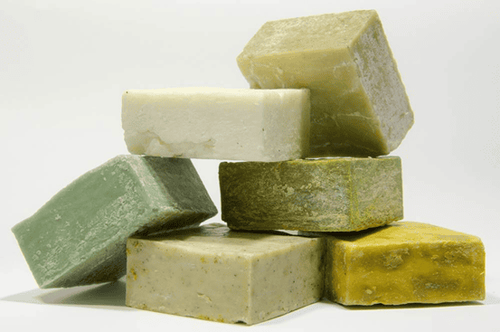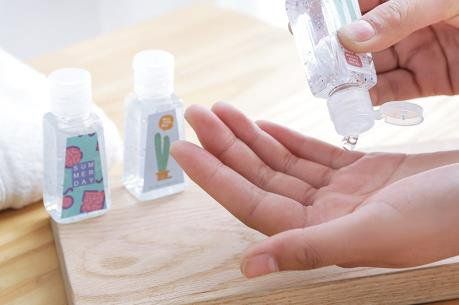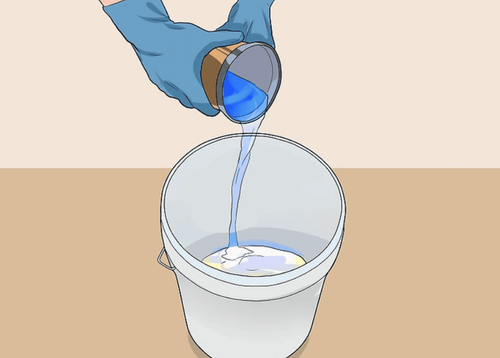This is an automatically translated article.
During the outbreak of the Covid-19 epidemic, hand sanitizer, hand sanitizer gel, etc. are items that many people look for. However, most medical experts confirm that washing hands with soap is much better at preventing corona virus.1. Uses of hand sanitizer
Dry hand sanitizer, also known as quick hand gel, or medical hand sanitizer, is a viscous alcohol used to clean hands but does not need to be used with water, the use is to kill bacteria.
Previously, quick hand sanitizer solutions like Asirub hand sanitizer were only packaged in large cans and used in hospitals, medical rooms... According to the US Centers for Disease Control and Prevention (CDC). , medical dry hand sanitizers only work well in specific environments such as hospitals - where hands can come in contact with germs but without dirt or grease.
However, due to the outbreak of many diseases, manufacturers have launched dry hand sanitizer products in small bottles for the convenience of users. This item is suitable for office workers or travelers.
Although hand sanitizer gel has convenient advantages, it can be used topically without water... but doctors advise against frequent abuse. Because dry hand sanitizer also comes with side effects and cannot kill all bacteria. Therefore, consumers should limit the use of this product, only use it in the absence of clean water to wash hands with ordinary soap.
2. Attention when using for children

Không nên dùng nước rửa tay khô cho trẻ em
According to data from WHO and UNICEF, every year around the world, about 2 million children die from diarrhea and related respiratory diseases. These diseases can all be prevented if children have good hygiene habits, especially frequent hand washing.
Washing hands with soap and water or gel, hand sanitizer is one of the important measures to help prevent diseases related to bacteria and viruses, including Covid-19.
Sharing about this issue, doctors said that there are many poor quality hand sanitizer gel products on the market but advertised as being able to kill corona virus and kill bacteria absolutely. The use of antiseptic solutions of unknown origin, not tested for safety will pose a great risk. Therefore, if you do not choose the right reputable product, users not only do not protect themselves well, but also fall into a state of "money lost disability", or more dangerous, they are subjective in preventing the virus properly. recommendation.
In particular, avoid using hand sanitizer for children because their skin is very fragile and easily irritated with chemicals. These products will disrupt the microbiological balance on the skin, even causing irritation, dryness, redness, peeling and damage to the skin of the hands, especially for children's skin.
Some antibacterial hand gels are advertised as natural extracts, but actually contain other chemicals. Meanwhile, children often have the habit of putting their hands to their mouth, picking their nose, rubbing their eyes... not suitable for using hand sanitizer.
3. Dangers of homemade hand sanitizer
The World Health Organization (WHO) has guided the preparation of a medical hand sanitizer solution in certain proportions with a number of ingredients, including ethanol, glycerol, hydrogen peroxide (H2O2) and distilled water. However, WHO does not support dispensing at home if more than 50 liters are made, or production facilities lack specialized equipment. The quality of the homemade antiseptic solution will be difficult to control because the hygiene conditions and alcohol concentration in the final product cannot be guaranteed.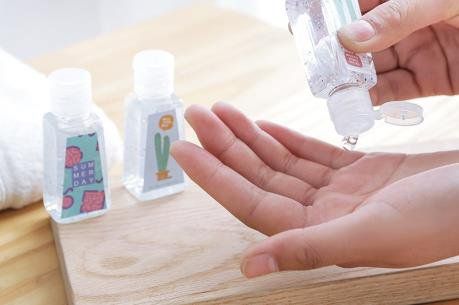
Nước rửa tay tự chế dễ gây nên bong tróc da
Doctors further shared, although hand sanitizer gel is easy to prepare, but if the ingredient ratio is not guaranteed, it can cause:
Dead skin cell layer; Flaking, dry skin; Inhibits the skin's natural sebum secretion; Unbalance the pH and ability of the skin to inhibit bacterial growth; Many other consequences... Because of the rapid spread of the virus, people have raised their awareness of disease prevention, namely frequent hand washing. But it is still important to remember that washing hands with soap and water for 20 seconds is the preferred option, in cases where it is not available, a quick hand sanitizer (dry hand gel) is recommended as an alternative.
4. Wash your hands with soap and water
Many experiments show that washing hands with water and soap has the ability to prevent bacteria from multiplying, bacteriostatic, and not allowing bacteria to grow further. Although the antibacterial effect is lower than strong alcohol, the combination of washing hands under running water is also a way to wash away a lot of bacteria. Studies show that this traditional way of hand washing can reduce bacteria by up to 60%, effectively preventing flu and respiratory illnesses.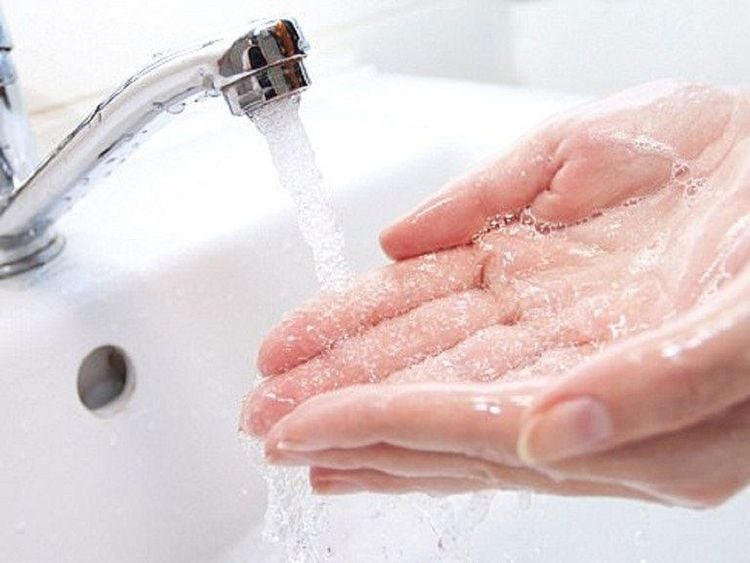
Rửa tay bằng xà phòng và nước sạch giảm 60% vi khuẩn, phòng ngừa bệnh
During daily activities (such as when preparing food, playing sports, gardening, picnics, fishing...), hands can become greasy or dirty. At this time, soap is an effective cleaning method, clean water washes away grease and dirt, soap washes away and carries away most of the bacteria.
After touching the doorknob, the handrail of the stairs, pressing the elevator button..., even with the naked eye, the hands are not dirty, but in fact there are still a lot of bacteria. Therefore, it is advisable to regularly wash your hands under running water and soap to keep them clean and limit the risk of infection.
Everyone should maintain the habit of washing hands with soap and clean water regularly to prevent Covid-19, and at the same time reduce the risk of infection by 35-47% of hand, foot and mouth diseases, diarrhea, typhoid...
Wash Hand soap is an economical and easy solution, so it should be maintained as a habit. If washing your hands with soap and water is not possible, gel or hand sanitizer with at least 60% alcohol can be used instead. Pay attention to choose a reputable brand of hand sanitizer and avoid abuse, especially with young children.
SEE ALSO:
Learn the ingredients of hand sanitizer Quick hand sanitizer ingredients Instructions for washing hands with soap




![[Q&A about the 2019 Corona virus epidemic] Part 1: Origin and form of infection](/static/uploads/small_20200202_093219_250594_viber_image_2020_02_max_1800x1800_jpg_7188fffb0e.jpg)
